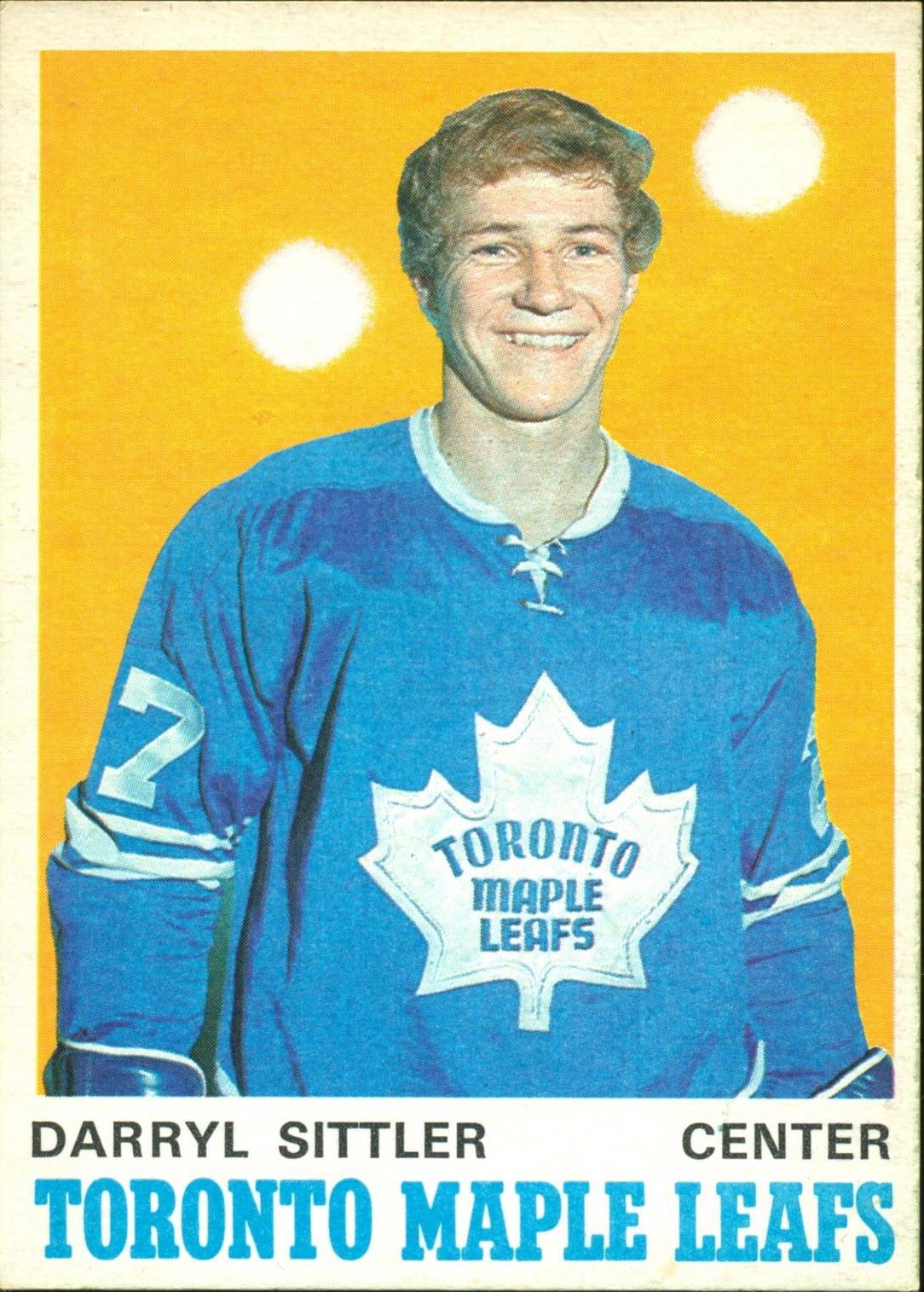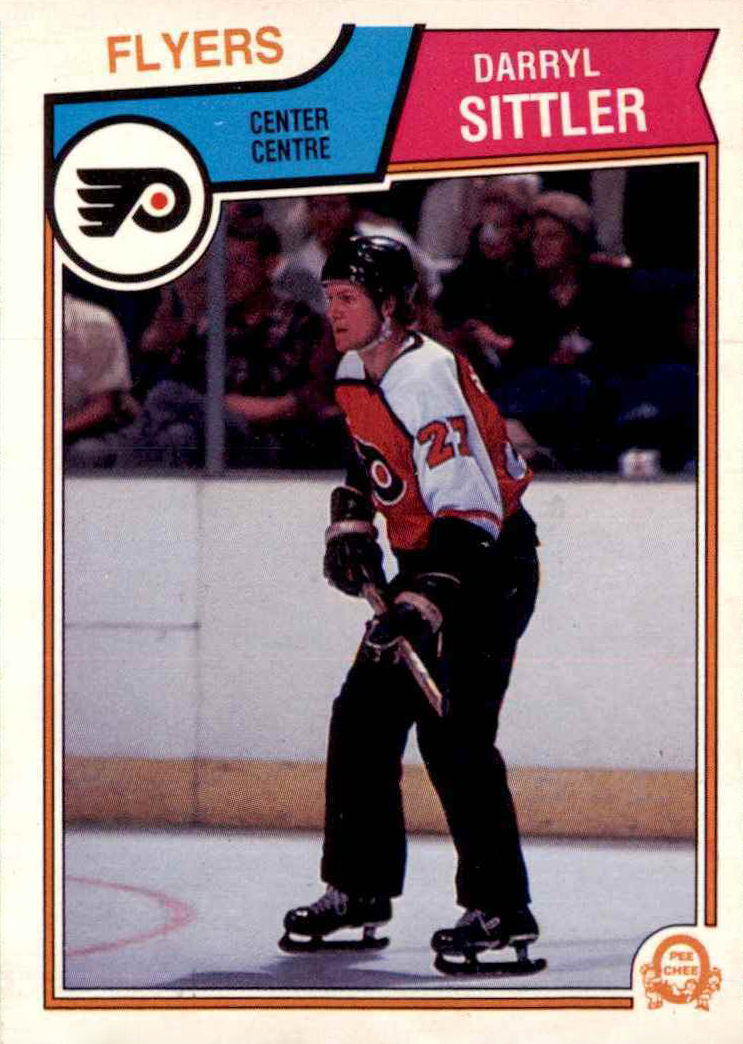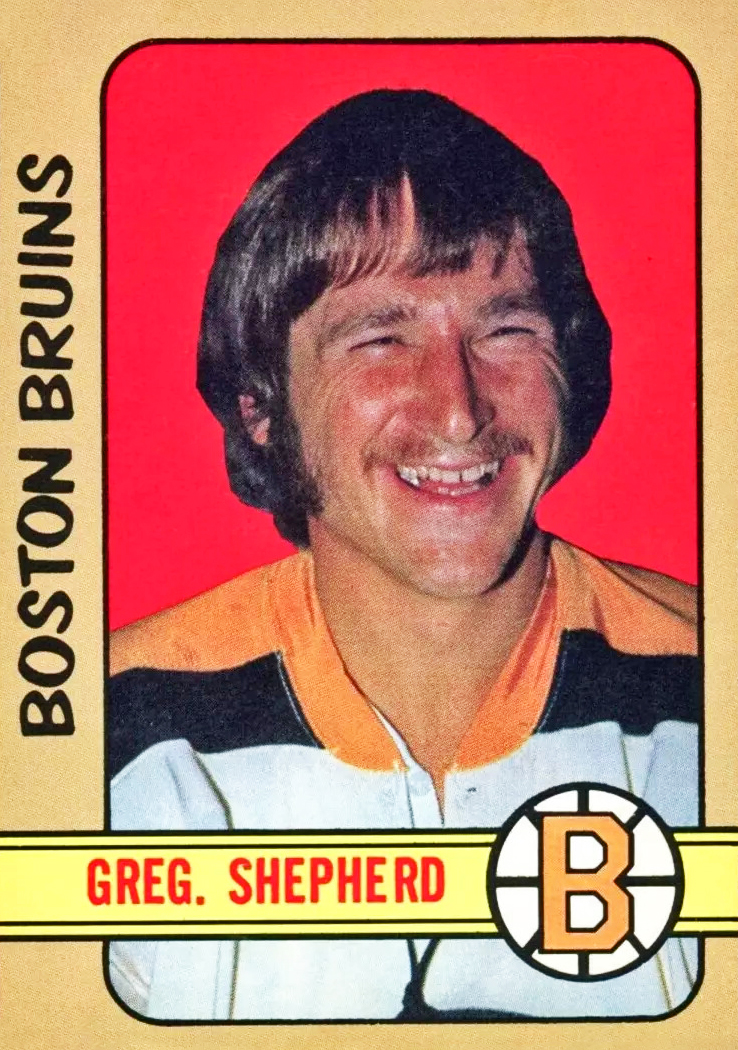Mike Walton took three penalty shots over his NHL career, scoring on one. Two of those penalty shots occurred a day apart. The first, against the Detroit Red Wings, was unique in it's own way.
Mike Walton Penalty Shot 1 (vs. Detroit Red Wings)
On March 9, 1968 at Maple Leaf Gardens in Toronto, the home team held a slim 6-5 lead with 3:20 left in the game. That's when Walton was give the penalty shot. In an interesting move, Detroit pulled starting goaltender Roy Edwards and replaced him with Roger Crozier, just for Walton's attempt.
Shakey scored on the cold Crozier for his 27th of the 1967-68 NHL season to make the score 7-5 for the Maple Leafs. Edwards came back in to the game and Crozier's official line was zero saves on one shot with no actual game time.
For Mike, it was the only one of seven shots on net that night resulting in a goal. He led all skaters in that category with Toronto putting a total of 38 shots on Edwards in the game. Walton also added an assist on a Ron Ellis goal earlier in the period for a two point night. Ron's goal was part of some rapid fire offense by both teams that saw five goals scored over a span of 4:12.
Mike Walton Penalty Shot 2 (vs. Chicago Blackhawks)
The next night, March 10, the Maple Leafs were at Chicago Stadium to play the Blackhawks. At 2:49 of the second period, Walton was hauled down by Doug Jarrett on a breakaway and again was awarded a penalty shot.
This time, Shakey was thwarted in the attempt, stopped by Chicago goalie Jack Norris. It was one of 27 shots Norris stopped in the game, earning a 4-0 shutout.
Despite causing the penalty shot, Doug Jarrett played a prominent role in the win for the Blackhawks. He led all skaters with seven shots and had a three point game with a goal and two assists. His first assist was on a Ken Wharram goal at 17:21 of the first period, the goal that turned out to be the game winner.
After the Maple Leafs pulled Johnny Bower late in the game and Chicago's Pit Martin scored into the empty net to make the score 3-0, Jarrett popped one past Bower for his third of the season with just nine seconds left. That goal was assisted by Doug Mohns and Stan Mikita.
Mike Walton Penalty Shot 3 (vs. New York Islanders)
Walton had one more penalty shot during his NHL career, over a decade after the missed attempt in Chicago. Interestingly, by this time he was playing for the Blackhawks. On April 20, 1979 in game three of a quarter-final series between Chicago and the New York Islanders, Dave Lewis was assessed the penalty for covering the puck in the crease. Walton was chosen to take the shot.
This time, it was Glenn Resch who shut the door. In fact, Resch shut the door on the whole Blackhawks team in a 4-0 shutout win to put the Islanders up 3-0 in the series. Denis Potvin led the Isles offensively with three points on a goal and two assists while Ed Westfall had a pair of helpers.




